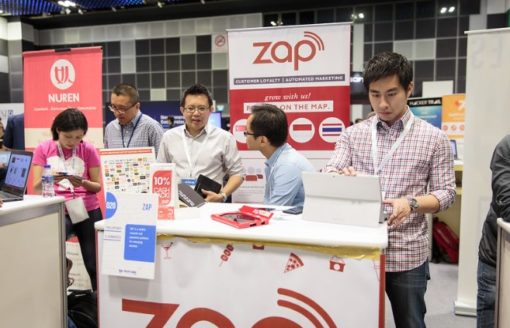Japanese bank deposits are one of the highest in the world. At the moment, the total bank deposits across the entirety of Japanese banks amount to almost $10 trillion. These tremendously financial resources are sitting there as dead money which could be put to better use.
The asset management industry in Japan can go through some transformative changes in the next few years. There is an abundance of deposits that are at the disposal of the financial institutions in Japan. For example, The Japan Post Bank holds around $1.6 Trillion in deposits. There are more such examples across the Japanese financial landscape, such as the Mitsubishi UFJ Financial Group (MUFG) with similarly astounding amounts of deposits. Even some of the smaller and lesser-known institutions such as the Federation of Agriculture and Fisheries Credit Union dealing in fisheries, forestry and agricultural industries, sit on half a trillion in deposits.
These have largely focused on saving account business and made most of their profits from providing retail financial services. The interest rates have been almost zero to even negative as the Bank of Japan introduced the measure a couple of years ago. The depositors have seen their returns shrink ever since.
The Japanese market place has been quite conservative, and the general investor is risk-averse. The incorporation of technology into this sector is about to bring transformative changes. The technology incorporation will encourage the risk-averse, pure saver in the retail market place to invest in something with higher returns but a calculated risk. This is where technology will play its part.
Savings will now be able to be channeled towards a number of investments and will spur higher liquidity across the Japanese markets. An example of this would be a large bank assuming more of an investment adviser role to help its customer decide an appropriate investment option. The use of artificial intelligence in this advisory role will be the game-changer. As a customer walks in, the AI-enabled system will offer him the investment options based on the consumer profile or their existing investment history. Then a staff member will take over and enlighten the client on the current market situation, and the latest facts and developments related to the investment options recommended by the AI-enabled system.





China is Poised to be the New Leader in Renewable Energy